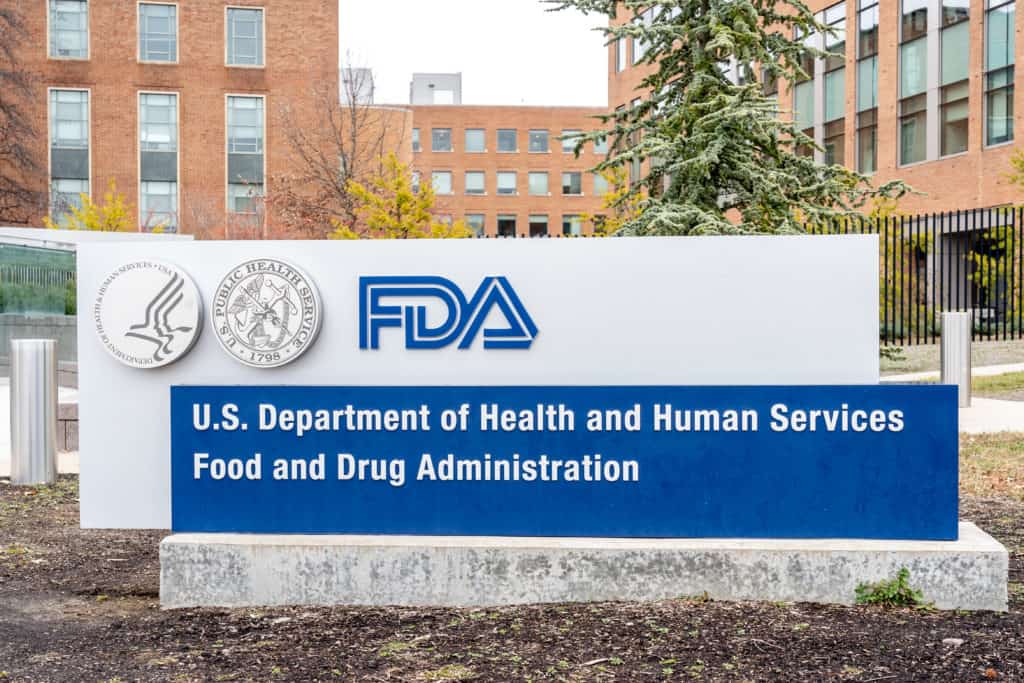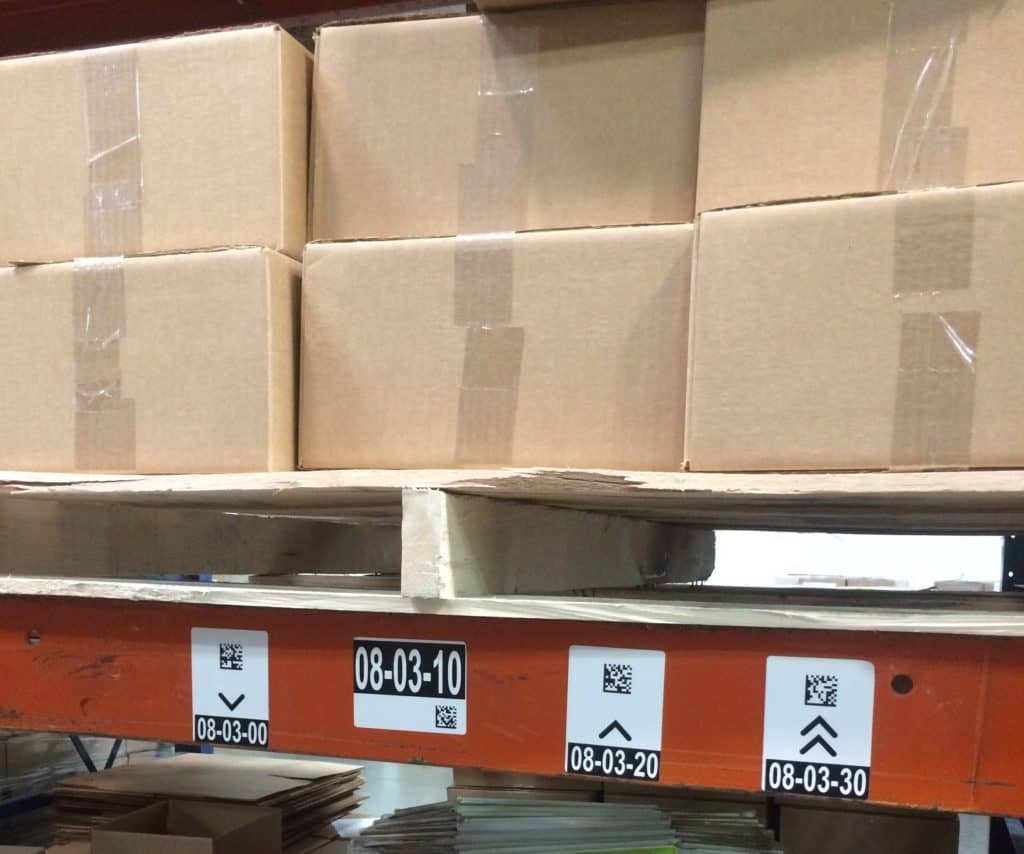Smart companies use public information for strategic advantage.
This article explains how new cGMP regulations are issued for pharmaceutical, medical device, e-liquid, and dietary supplement manufacturing industries. Since the most recent push for new regulation has been in the vaping and e-liquid space, we will use that industry as the primary example.
On May 5, 2016, the FDA declared, through deeming rule, new regulations for the vaping industry. The public reactions to the deeming rule were emotional. Countless news agencies forecasted doom to the multibillion dollar vaping industry.
In a face-to-face meeting with vaping executives on May 13, 2016, I could tell that the deeming rule would require big changes as the new regulation rolled out over the next three years. They were extremely busy, receiving urgent calls frequently during my visit. I could tell they were working very hard to calm the storm.
Except…why the storm?
The first public notice of this regulation coming down the pipeline was three years ago.
In a recent conversation with a senior IT architect at a medical device company near Salt Lake City, Utah, he explained the current rush to meet new barcoding UDI regulation.
Why the rush?
The UDI requirements have been coming for years now.
If it’s possible to know which regulations are coming long before they do, why aren’t more companies taking advantage of this crystal ball?
Answer: They don’t know where to look.
Simply put, a basic understanding of how new regulation is generated can help you avoid a lot of pain.
Here is how the process works.
When the FDA has a regulation that it wants passed, it will submit the proposed regulation through the Department of Health and Human Services to the Office of Management and Budget (OMB). The OMB is like the Chief Financial Officer of the federal government and maintains what is called the Unified Agenda, or the federal government’s agenda, on when topics like new regulations will be discussed. The OMB publishes the Unified Agenda twice a year, usually in the spring and fall.
Here is how you can keep track of new regulations coming to your industry:
Go to: http://www.reginfo.gov/public/
At the top left click Unified Agenda, then select Current Unified Agenda and Regulatory Plan.
At the bottom of the new page open the drop down titled Select Agency.
Select Department of Health and Human Services then click Submit.
This will take you to a giant list of regulations. On the right side of the page you’ll see Regulation Identification Numbers (RIN).
Click on RIN 0910-AH22.
Alternatively, here’s a link straight to the regulation I am talking about: http://www.reginfo.gov/public/do/eAgendaViewRule?pubId=201604&RIN=0910-AH22
SPOILER ALERT: New regulation for the e-liquid manufacturing industry will be CFR 21 Part 1120. Watch for that to come soon.
Notice that Advanced Notice of Proposed Rule Making (ANPRM) was given back on 03/19/2013.
Do you see why I wonder when manufacturers in the pharmaceutical, medical device, e-liquid, and dietary supplement industries are so shocked by new regulation?
While I admit that new regulation is painful, I don’t believe it has to be as detrimental to the industry as people believe. While new regulation obviously brings changes, these changes present opportunities for smart companies to blow past their competition.
Though it can be difficult information to find, sifting through it will help you understand what the regulations are, when they will take effect, and what business impact they will have. This will place you well on your way to significant growth. Now is the best time to make your move and capture massive market share that the federal government just put up for grabs. While your competitors are trying to figure out how to meet new regulations, you can garner their market share.
So how do you do it?
- Use public information to watch for ANPRMs that will affect your manufacturing, and monitor the Unified Agenda. Everything that will eventually be published will be there.
- Start early. Let the challenges of new regulation only stump your competition.
- Use modern tools to make regulation less burdensome.
There are a host of tips and software tools available in our modern era. Cloud-based technologies enable companies to connect data to their manufacturing operations in real-time so that meeting rigorous regulation becomes easy.


